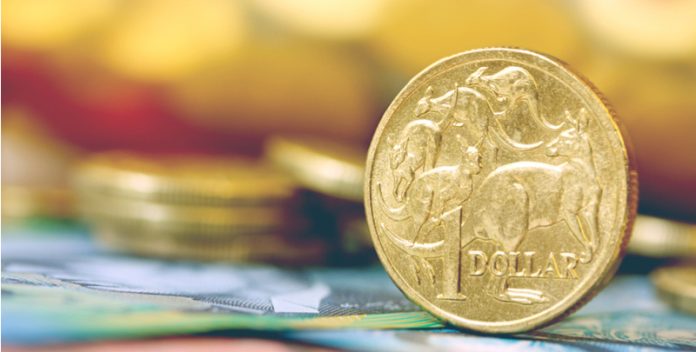The British pound is lower against the Australian dollar on Monday.
A risk off tone in markets and uncertainty over the roadmap for the UK’s lockdown exit were hurting Sterling at the start of the week.
The Aussie has seen a light recovery from the sharp selling at the tail-end of last week but rising US China trade tensions remain a headwind.
GBP/AUD was down by 71 pips (-0.36%) to 1.9390 as of 2.30pm GMT.
The currency pair dropped from recent highs near 1.95 down to 1.935 before rebounding. The currency pair had risen for three days last week following a 10-day losing stretch. Last week gains totalled +0.59%.
GBP: Lockdown roadmap uncertainty weighs
The prospect of further US tariffs on China weighed on global risk appetite but it was the pound that felt the heat more than Aussie, in part over concerns that the UK is falling behind in the timing of its lockdown exit.
A leaked document showed some of the possible guidelines the British government is considering giving to businesses that will be allowed to reopen, including staggered work hours and plastic shields in offices.
While the UK saw its lowest death toll in a month from the coronavirus, the total could soon exceed Italy and currently represents 10% of the global total. The risk of moving too early is clearly on the mind of Prime Minister Boris Johnson.
AUD: Small relief from US China trade tensions
The Aussie was seeing some relief from intense selling over the final three days of last week. The ramp up of tensions between the US and China could see Australia caught in the middle as a defence partner to the United States but trade partner to China.
In a coronavirus briefing, US President Trump answered a question about cancelling US debt obligations to China saying that he preferred tariffs as a preferred way to take money from China as compensation – or punishment – for mishandling and/or causing the pandemic.
Republican politicians have China in mind for the blame game ahead of November’s elections and this could have ramifications for Australia via global trade.





